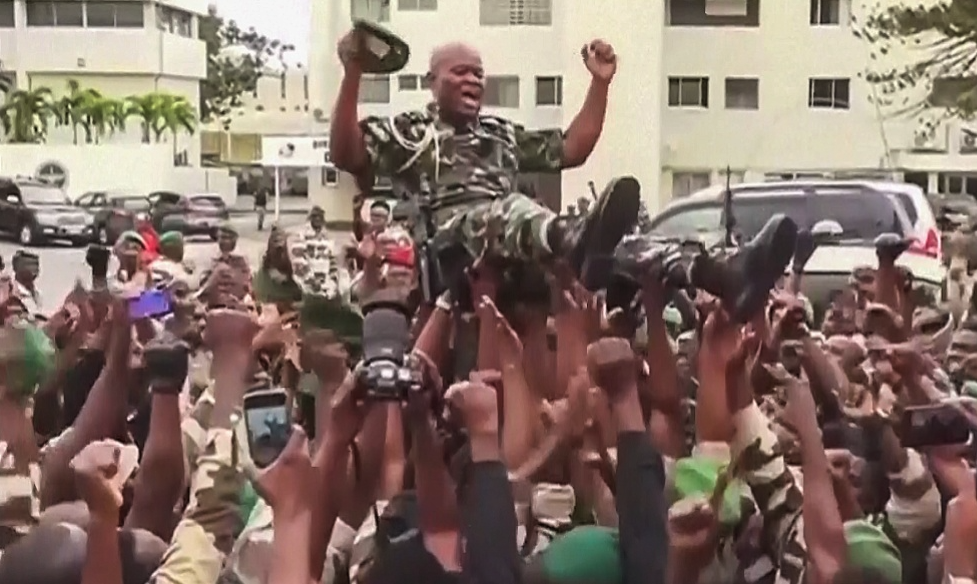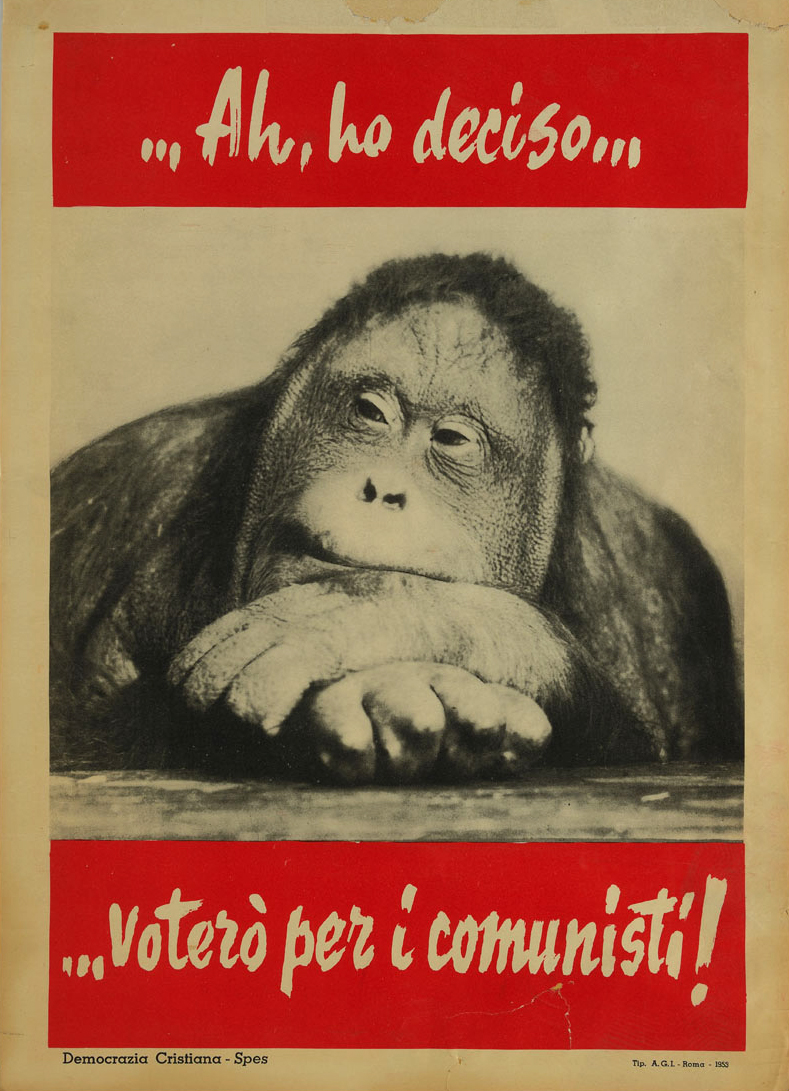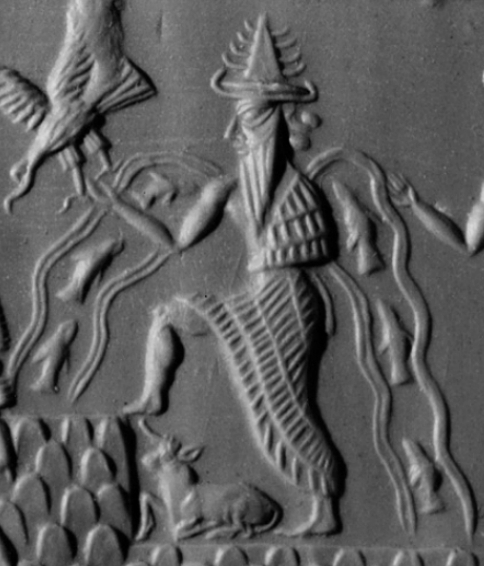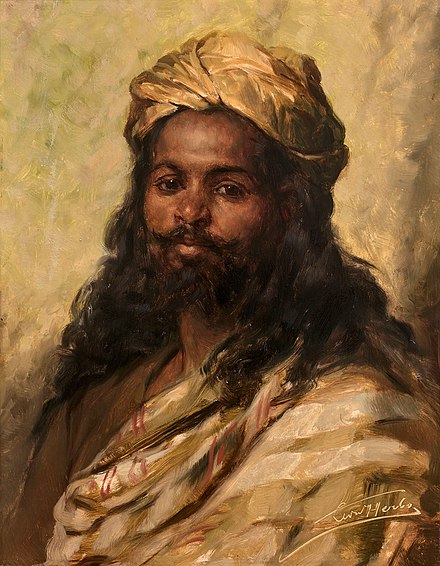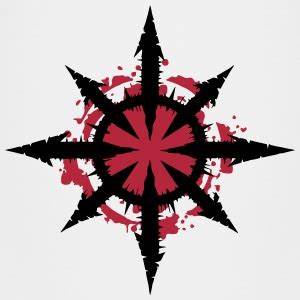What do you think?
Given the fairly rapid sequence of coups, I have to wonder how closely the regional militaries have communicated with one another?
Is this purely different commanders capitalizing on perceived weakness by following international news? Or is there a social order of military leaders in communication with one another as some level between these countries?
I also have to wonder how much of the African radicalism stems from a failure to penetrate African countries with Western economic theory. And how much of that failure has to do with the assumed inferiority of African schools and scholars.
All speculation of course, but I’ve got hypotheses that I’d be curious to explore.
I think there’s a mixture. As noted by others the militaries and then military governments of Burkina Faso, Niger, Mali and Guinea appear to have been coordinating significantly for a while. Gabon is further south so i’m not sure. I think there’s definitely an element of a domino effect of calculated opportunism. In any case it’s not really possible for most people to know yet, given lack of information, propaganda, and the intrinsic secrecy involved, but it does look like it. They are also clearly mobilizing support by identifying themselves as acting with anti-colonial, anti-imperialist, and even pan-Africanist agendas, which is extremely popular. As we’re seeing in Burkina Faso, if Marxism comes up, it will normally be through a nationalist or pan-africanist lense, normally Sankara (see also the EFF in South Africa).
On the economic theory point, the elites, middle and upper classes, from whom all these overthrown leaders and their families come, and who act as the neocolonial middlemen for western capital, are frequently, often receive good western educations. Ali Bongo, recently removed in Gabon, studied at the Sorbonne in Paris. The elites are ideologically trained. But if you are in a country where provision of education, especially beyond a certain age, in a immense difficulty, there isn’t really the occasion to properly soak most peoples minds in really formalized neoliberal propaganda, though the culture of hustle mentality and sometimes gangster fetishism you see in a lot of African urban areas, for obvious material reasons (i.e. there are huge lumpenproletariat classes). As is often the case, you actually have to be fairly overeducated to say things as pathetically pampered and contemptably batshit detached from reality as liberals and their neoliberal clergy say.
I’m not sure to what extent the lack of penetration of Western economic ideology is due to lack of esteem for African scholars. The universities there will still teach Western style economic theory. The ideology has somewhat penetrated, especially the upper and middle classes as noted. Like if you listen to African (say Nigerian) popular music and watch the music videos a money fetishism is very much there. As per above, I think it has more to do with the broader socio-economic conditions and the acute consciousness based on lived experience that the West is still in a colonial relationship with your country and that that has determined the limits of your life. This is why even all the Western media are admitting that these coups all seem to be very popular.
Thanks. This is a good write up
Nice writeup, are you Nigerian?
There’s definitely a lot of coordination going on between Mali, Niger and Burkina Faso. They are immediately jumping to each others defense and forming military pacts
And Guinea.
There’s the already mentioned defensive alliance. Mali and Burkina Faso are supposedly in talks to “federate” into a larger political unit. Guinea has been invited to join the talks, but as of yet has not done so (I think).
Mali and Burkina Faso are supposedly in talks to “federate”
Finally. Excited for some good content.
Guinea has been invited to join the talks, but as of yet has not done so (I think).
Well, here’s hoping. One Big Africa.
even the nyt times is admitting his people hate him and he had it coming
 decolonisation speedrun 100%
decolonisation speedrun 100%Isn’t the top general also a member of the Bongo family?
That’s generally how 99% of coups/revolts go, someone who was powerful in the previous regime comes out on top
[Bongo’s] cousin, Gen. Brice Clotaire Oligui Nguema, was declared the transitional president by the army. Formerly a bodyguard for Bongo’s father, the late President Omar Bongo, Oligui was also previously head of the Secret Service and the Republican Guard.
Evidently so - guess it’s an open question about whether this represents a genuine transition to something better or just a dude trying to score a promotion.
As long as it results in a better life for the people I can overlook nepotism. Mind you it feels impossible to predict if this will lead to a better situation for the country. At least westoids are mad so there is something. But I do harbour some hope and pray these coups lead to something greater in Africa. These people deserve a win.


